Lebanon PM holds emergency meeting as nation mourns bomb victims
The attacks came at a time when the group Hezbollah is stepping up its involvement in the Syrian civil war
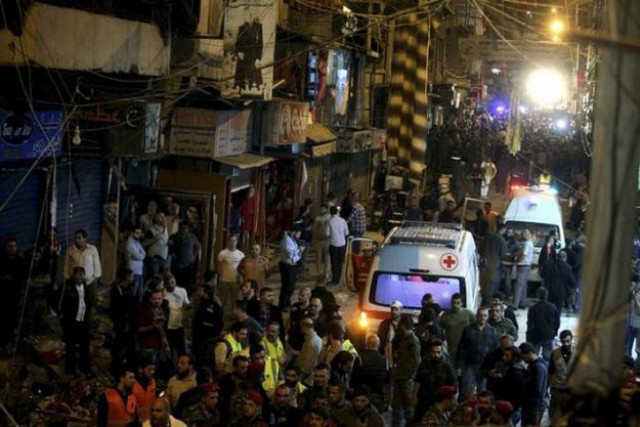
Red Cross vehicles drive by as residents and Lebanese army members inspect a damaged area caused by two explosions in Beirut's southern suburbs, Lebanon, November 12, 2015 PHOTO: REUTERS
The blasts late on Thursday hit a residential and commercial area in a southern suburb of Beirut, a stronghold for Shia Muslim group Hezbollah, in the latest spillover of violence from the war in neighbouring Syria.
27 killed in southern Beirut suburb explosions
"Unacceptable", newspaper L'Orient Le Jour wrote in a one-word headline across its front page on Friday.
The first attacks in more than a year on a Hezbollah stronghold inside Lebanon came at a time when the group is stepping up its involvement in the Syrian civil war, now in its fifth year.
Iran-backed Hezbollah has sent troops over the border to support Syria's President Bashar al Assad against militant groups including Islamic State.
Pro-Hezbollah al Akhbar newspaper said there was "no room for retreat", after the group warned of a "long war" against its enemies.
UN Secretary General Ban Ki-moon urged Lebanon's security services and state institutions "not (to) allow this despicable act to destroy the relative calm that has prevailed in the country over the past year."
The White House pledged to support the country as it worked to "bring those responsible for this attack to justice".
Hezbollah's political opponents in Lebanon also condemned the attacks. Sunni politician Saad al Hariri, who leads the Future Movement, said they were "cowardly... and unjustified" in postings on his Twitter account.
Twin blasts claimed by Islamic State kill 41 in Beirut Hezbollah bastion
Syria's civil war is increasingly playing out as a proxy battle between regional rivals, including Iran and Saudi Arabia which support opposing sides in the conflict. The two foes also back opposing political forces in Lebanon, which suffered its own civil war from 1975 to 1990.

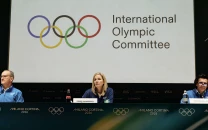
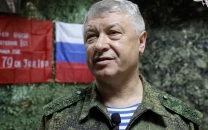
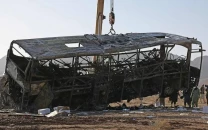
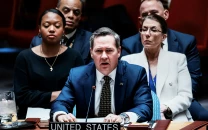
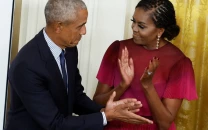
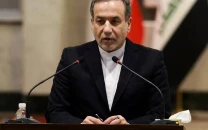












COMMENTS
Comments are moderated and generally will be posted if they are on-topic and not abusive.
For more information, please see our Comments FAQ